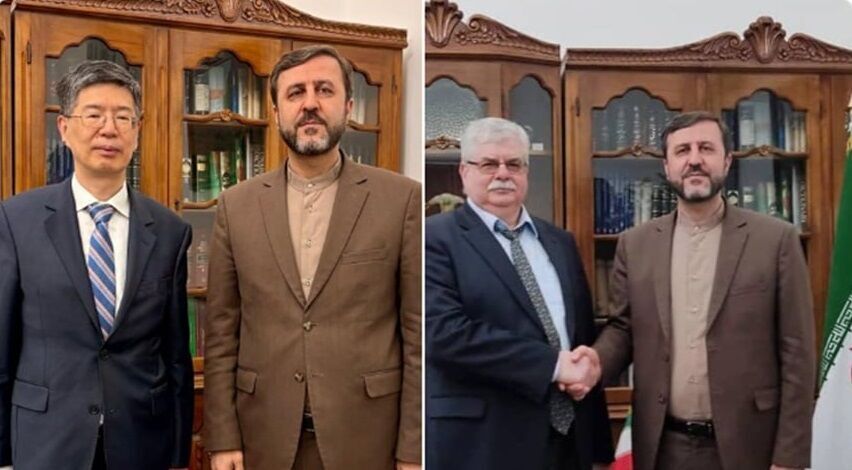
Similar Posts
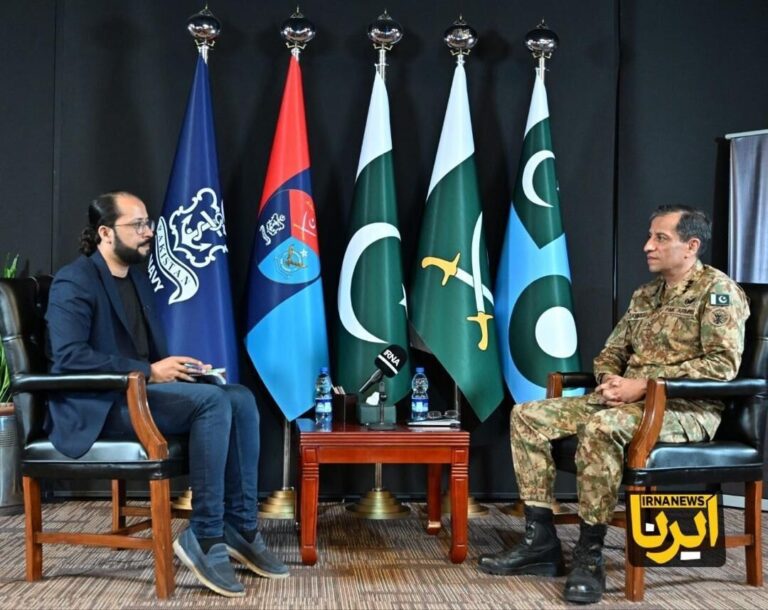
Pakistan Praises Iran’s Diplomatic Efforts: Exclusive Insights from Military Spokesperson
In an exclusive interview, ISPR Director General Lt. General Ahmad Sharif Chaudhry emphasized the importance of diplomacy in reducing tensions in South Asia, particularly during the recent visit of the Iranian Foreign Minister to Islamabad. He praised Iran’s proactive role in de-escalation and expressed gratitude for the support from the international community. Chaudhry highlighted the historical ties between Iran and Pakistan, stating that both nations are committed to establishing peaceful borders and working together for regional stability. He warned against external forces attempting to create discord among friendly nations, underlining the necessity of continuous diplomatic engagement.
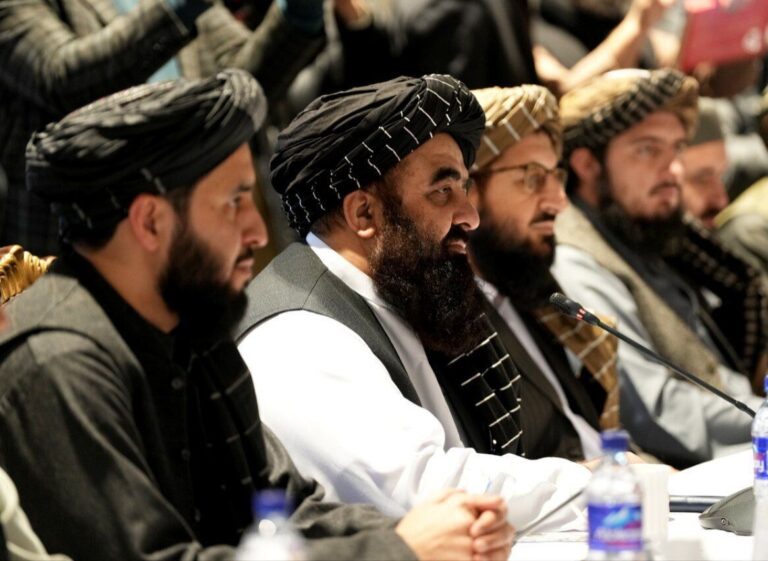
Kabul’s Top Priority: Welcoming Afghan Refugees Back from Iran, Says Acting Foreign Minister
Amir Khan Muttaqi, Afghanistan’s acting Foreign Minister, highlighted the priority of returning Afghan migrants during discussions with Iran’s Foreign Minister, Abbas Araghchi, in Kabul. He expressed gratitude for Iran’s hospitality towards Afghan refugees and emphasized the need to enhance bilateral relations as security and economic conditions improve. Araghchi noted the strong existing economic, commercial, and political ties between the two countries and expressed hope for further strengthening them. This meeting marks Araghchi’s first visit to Afghanistan since taking office, reflecting a commitment to fostering cooperation and addressing the needs of Afghan migrants while enhancing relations between the nations.
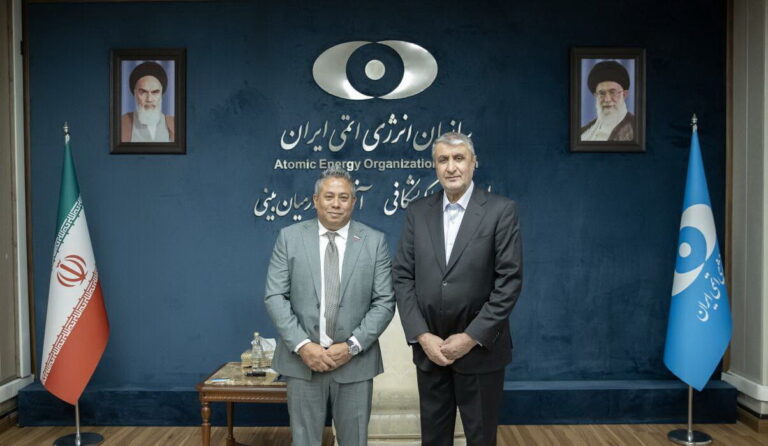
Iran and Venezuela Forge Strategic Partnership for Enhanced Nuclear Industry Collaboration
Tehran recently hosted a meeting between Mohammad Eslami, head of Iran’s Atomic Energy Organization, and Alberto Quintero, Venezuela’s Deputy Minister for Science and Technology, to discuss enhancing nuclear cooperation. Eslami voiced concerns about hegemonic powers aiming to control resources and impede progress, reaffirming Iran’s commitment to advancement. He highlighted that collaboration with Venezuela could lead to mutual technological advancements and increased self-reliance in sectors like health and agriculture, while countering external challenges. Quintero acknowledged Venezuela’s pursuit of independence and expressed eagerness to deepen ties with Iran, praising its support for launching a nuclear physics course at a Venezuelan university.
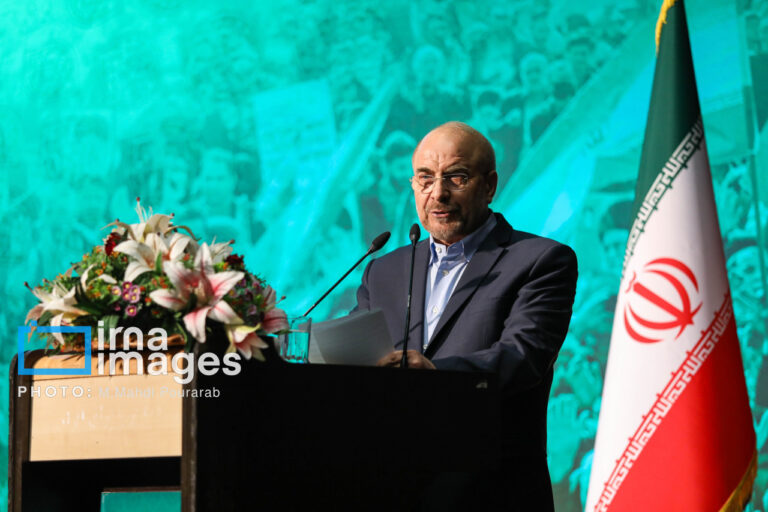
Imam Khomeini: The Pioneering Muslim Thinker Who Forewarned of the Zionist Regime, Says Qalibaf
Iran’s Parliament speaker, Mohammad Baqer Qalibaf, emphasized Imam Khomeini’s pivotal role in confronting the threats from the Zionist regime during a ceremony at Khomeini’s shrine, marking the 46th anniversary of the Islamic Revolution. He noted Khomeini was among the first Muslim thinkers to warn about these threats, citing the Shah’s ties to Zionists as a key motivator for Khomeini’s uprising. Qalibaf expressed confidence in Khomeini’s vision for the liberation of al-Quds, criticizing Zionism as the source of global corruption. His comments reflect a commitment among Iranian lawmakers to uphold Khomeini’s principles during the Ten-Day Dawn observance.
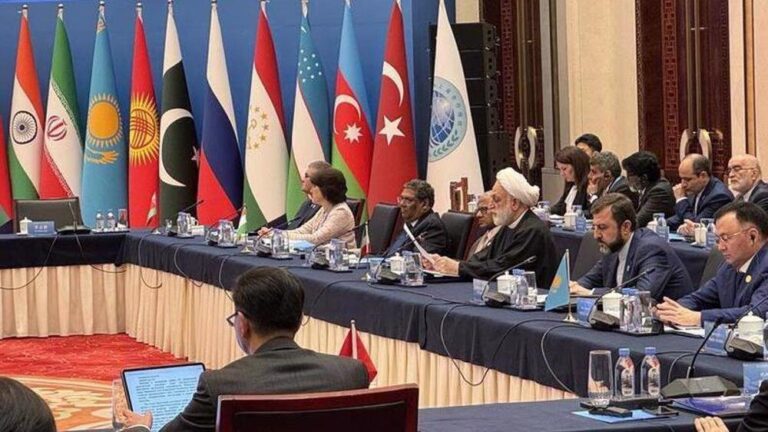
Iran Unveils Bold Legal Strategy to Strengthen Its Position in the SCO Amidst Growing Challenges
Gholamhossein Mohseni-Eje’i opened the 20th Meeting of Heads of Judicial Systems of SCO member states in Hangzhou, China, emphasizing the need for enhanced legal cooperation to address global challenges like terrorism, unilateralism, and organized crime. He highlighted the severe humanitarian crisis in Gaza, where recent violence has resulted in over 51,000 casualties, urging collective action against such injustices. Mohseni-Eje’i proposed eight strategic measures to strengthen judicial collaboration, including establishing a judicial information-sharing platform and harmonizing laws against terrorism. The meeting reflects SCO’s commitment to tackling pressing issues and fostering a unified response to threats to peace and security.
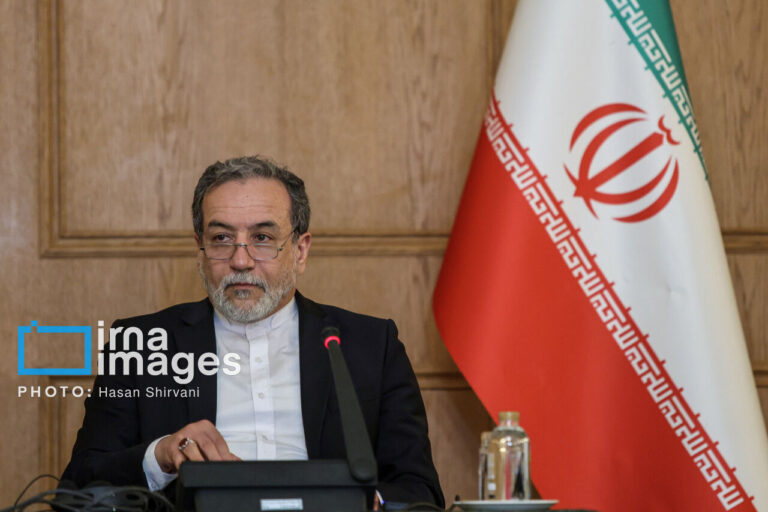
Iran Stands Firm: Araghchi Declares No Negotiations Under Threats
Iranian Foreign Minister Abbas Araghchi stated that the “maximum pressure” strategy and related resolutions have failed against Iran, asserting that Tehran will not negotiate under threats. During a press conference, he outlined key foreign policy principles: no negotiations under pressure, the importance of dignity in diplomacy, and the need for actions rather than words from the U.S. administration. He criticized a recent Presidential Memorandum by President Trump aimed at reinstating pressure on Iran, emphasizing that it highlights the U.S. commitment to this strategy following its withdrawal from the nuclear agreement. Trump’s openness to negotiate a new deal was also noted.